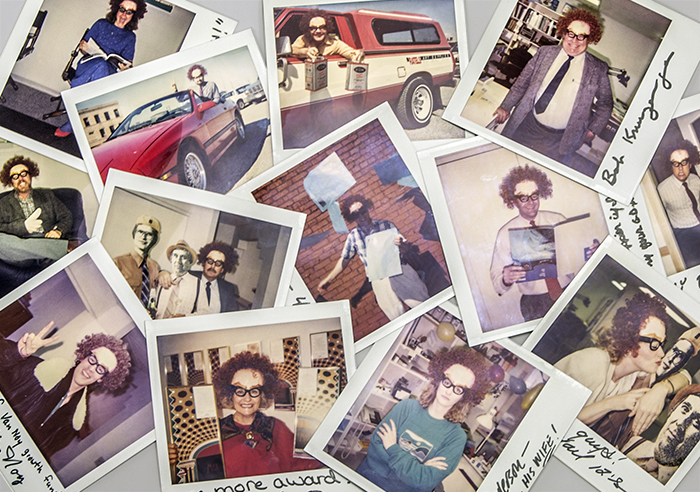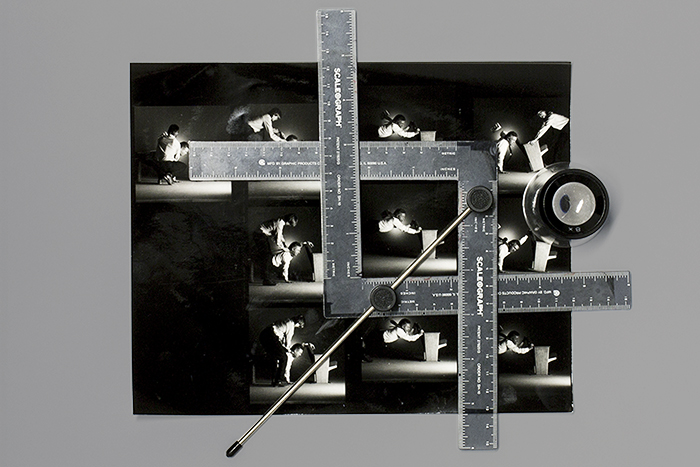The Norks have nukes, there’s an Oompa Loompa in the White House, and Hot & Spicy Cinnamon Oreos are a thing. It’s enough to cause even the most stoical among us to despair.
But hey, we here at helveticka are a creative bunch. When a client comes to us with a seemingly intractable problem, we put our heads together and solve it. So I asked the best and the brightest around the office for help with the following:
“The world would be a much better place if…”
Based on the responses, I’d say we nailed it:
Linda “…fields of cotton were actually made up of tiny balls of cotton candy.”
Courtney “…every single person did at least one kind thing for another each day, giving us a daily reminder to be more selfless.”
Steven “…we lived in a virtual reality world where everything we thought instantly materialized, like the Construct in The Matrix.”
Michelle “…we could all just get along, if there was more sunshine, if we lived for today, if there were more happy endings, if we drank more wine, and if we were all as awesome as Aaron except on the days when he asks me to do stupid crap like this.”
Aaron “…more people listened to the Grateful Dead.”
(And yes, we can deduce from this that Linda is a fantasist, Courtney an idealist, Steven a solipsist, and Michelle a monologuist. As for me, well…I’m the only one offering a practicable solution. So call me a realist.)
posted by: Aaron Bragg | category: random thoughts | make a comment





